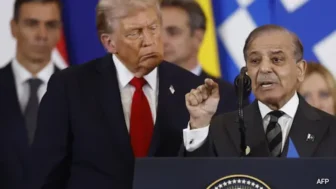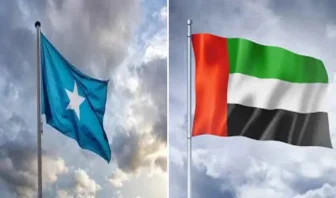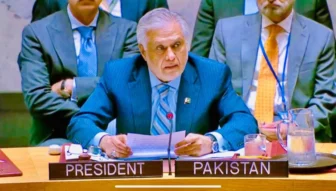Israel-Iran Conflict Enters Second Week as Europe Rallies for De-escalation

The intensifying air conflict between Israel and Iran entered its second week on Friday, as European powers mobilized diplomatic efforts to prevent a wider regional escalation, and the United States signaled it may decide on involvement within a fortnight.
Israel launched airstrikes against Iran last Friday, claiming the operation was necessary to prevent Tehran from developing nuclear weapons. In retaliation, Iran fired a barrage of missiles and drones, insisting its nuclear program remains peaceful. While Israel says it is targeting Iran’s nuclear and military infrastructure, Iranian officials maintain their strikes are aimed at Israeli defense assets—though several civilian sites have been hit on both sides.
Also Read:
The violence has resulted in significant casualties. Iran’s Human Rights Activists News Agency reported that 639 people, including senior military leaders and nuclear scientists, have been killed in Israeli strikes. Israel, meanwhile, has reported the deaths of at least two dozen civilians from Iranian attacks. Independent verification of these figures remains unavailable.
Israel’s military objectives appear broader than mere deterrence. According to Western and regional officials, Israeli strikes are not only aimed at neutralizing Iran’s strategic capabilities but also weakening the government of Supreme Leader Ayatollah Ali Khamenei. Prime Minister Benjamin Netanyahu hinted at the possibility of regime change, saying Thursday, “Are we targeting the downfall of the regime? That may be a result, but it’s up to the Iranian people to rise for their freedom.”
Tehran, for its part, has accused Israel of deliberately targeting civilians, citing strikes on hospitals and residential areas. Israel responded by accusing Iran of using cluster munitions—banned under international conventions by many countries—for maximum civilian impact. Iran’s delegation to the United Nations has not yet responded to the claim.
As military operations persist, the diplomatic front has grown increasingly active. Foreign ministers from Britain, France, and Germany, along with the EU’s foreign policy chief, were scheduled to meet Iran’s Foreign Minister Abbas Araqchi in Geneva on Friday in a last-ditch effort to de-escalate tensions. “Now is the time to put a stop to the grave scenes in the Middle East and prevent a regional escalation that would benefit no one,” said UK Foreign Minister David Lammy ahead of the meeting.
Support for diplomacy was also echoed by Moscow and Beijing. Russian President Vladimir Putin and Chinese President Xi Jinping issued a joint call for restraint on Thursday, strongly condemning Israel’s military campaign and emphasizing the urgent need for de-escalation.
Meanwhile, Washington’s stance remains ambiguous. U.S. President Donald Trump has alternated between threatening Iran and urging it to resume suspended nuclear talks. Speaking in Washington, British Foreign Minister Lammy met with U.S. Secretary of State Marco Rubio and Trump’s regional envoy Steve Witkoff to explore the possibility of a broader diplomatic agreement. Witkoff has reportedly held several conversations with Araqchi since hostilities began.
Trump has hinted at a potential military strike, possibly involving “bunker buster” bombs to target Iran’s underground nuclear facilities. However, the White House said a decision on direct U.S. involvement will come within two weeks—a timeline that analysts note Trump has previously used flexibly in policy deliberations.
Inside Iran, the escalating conflict poses the greatest external threat to the Islamic Republic since the 1979 revolution. Yet domestic unrest, which some in the West have hoped might pressure the regime, appears unlikely under current conditions. “How are people supposed to pour into the streets?” said Iranian activist Atena Daemi, referencing the ongoing bombings. “In such horrifying circumstances, people are solely focused on saving themselves, their families, their compatriots—even their pets.”
Read all the Breaking News Live on pakistantimes.com and Get Latest English News & Updates from Pakistan Times. Follow us on Whatsapp channel for more.









